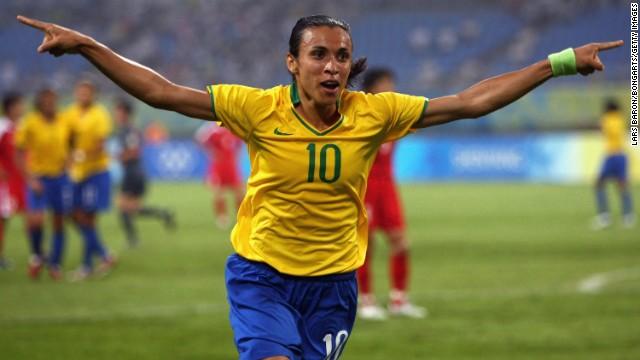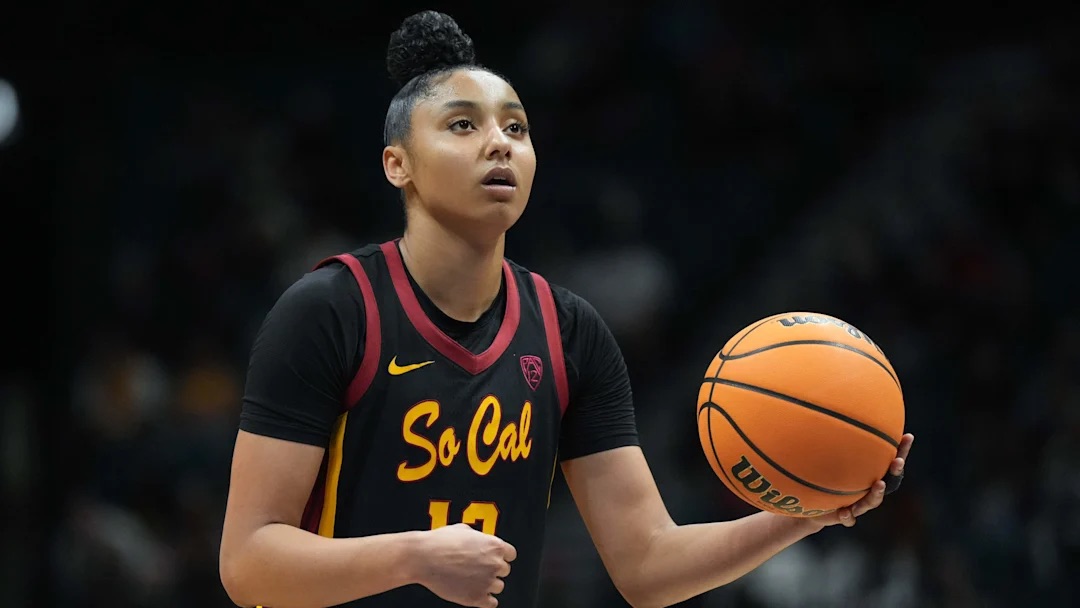On Sept. 24, The Best FIFA Football Awards were held in London to recognize this year’s best performances by soccer players all over the world. This year’s awards saw the Ronaldo-Messi reign come to an end with the crowning of Croatia’s Luka Modrić as Best Male Player — the first player to win the award from Croatia. It also saw a record usually held by male athletes smashed by a woman named Marta Vieira da Silva.
Marta Vieira da Silva, a 32-year-old female athlete from Brazil, was named The Best FIFA Women’s Player for the sixth time in her professional career. This is the 14th time she has been labelled among the elite and the 12th time she has been named in the top three. Vieira da Silva won the award in 2006, ’07, ’08, ’09 and ’10, and her win in 2018 breaks the record for the number of times any player, male or female, has been awarded the honor. She also holds the record for the only player in history to win the FIFA World Player of the Year five times in a row. Both Ronaldo and Messi have won it five times each, and Vieira da Silva’s successful sixth award further cements her standing as the best female player of all time. Her statistics also display her dominance on the field internationally and domestically. In the 2007 Women’s World Cup, Vieira da Silva won both the Golden Ball award declaring her the best player in the tournament and the Golden Boot award as the top scorer. She leads the all-time Women’s World Cup goal scorer list with 15 goals and was a member of the Brazilian national team that won silver at the 2004 and 2008 Olympics. At 32, an age traditionally seen as toward the end of any soccer player’s career, her play shows no signs of slowing down as she consistently plays the best soccer seen across the league.
Vieira da Silva’s dominance on the soccer scene serves as a source of both national pride and empowerment for Brazil fans and female athletes alike. Especially outside of the U.S., women’s soccer has not enjoyed the success of its male counterpart. In a 2015 article in The Atlantic, former soccer pro Gwendolyn Oxenham contrasted the dazzle of Brazil’s star forward Neymar with the relative anonymity of Vieira da Silva, calling it “an unequal fortune.” Neymar makes an eight-digit salary, while Vieira da Silva’s earnings are only in the six figures. More than three billion people watched the 2014 Men’s World Cup, while only 750 million watched the 2015 Women’s World Cup, according to FIFA. In addition, Brazil’s soccer industry has not always been friendly to female players. Soccer legend Pelé once referred to Vieira da Silva as “Pelé in a skirt,” and many women’s professional teams have folded, citing financial difficulties. Brazil also has no equivalent to Title IX, the 1972 U.S. law that increased athletic opportunities for girls. This lack of encouragement is obvious when looking at participation numbers; in Brazil, a nation of 200 million people, only about 400,000 girls are involved in organized soccer.
Considering the male-dominated structure she has thrived in, Vieira da Silva’s successes are even more inspiring to other female athletes. Her recent achievements have the potential to encourage more female participation both in Brazil and abroad. Girls in Brazil have increased opportunities to play, too, thanks to new initiatives like the U.S. State Department’s Soccer Envoys and the Guerreiras Project, which host soccer clinics and develop relationships with neighborhoods. In addition, Vieira da Silva herself has been receiving more recognition in Brazil. At the FIFA Awards, incoming Brazilian Football Confederation president Rogerio Caboclo said, “Marta is a great source of pride to all of us Brazilians. I have seen at close hand here today the enormous respect and admiration the football world has for her. I am very happy for Marta’s sixth conquest.” His support shows how one woman’s success can create change in a male-dominated industry, where female players have chronically suffered from international apathy. Vieira da Silva’s star power may be the push needed for more girls to play, both in Brazil and abroad.
Vieira da Silva also recently became a United Nations Women Global Ambassador, so she can use her platform to inspire even more girls. In a speech at the United Nations headquarters, Vieira da Silva said, “My message to girls everywhere in this world: believe in yourself and trust yourself, because if you don’t believe in yourself, no one else will.”




